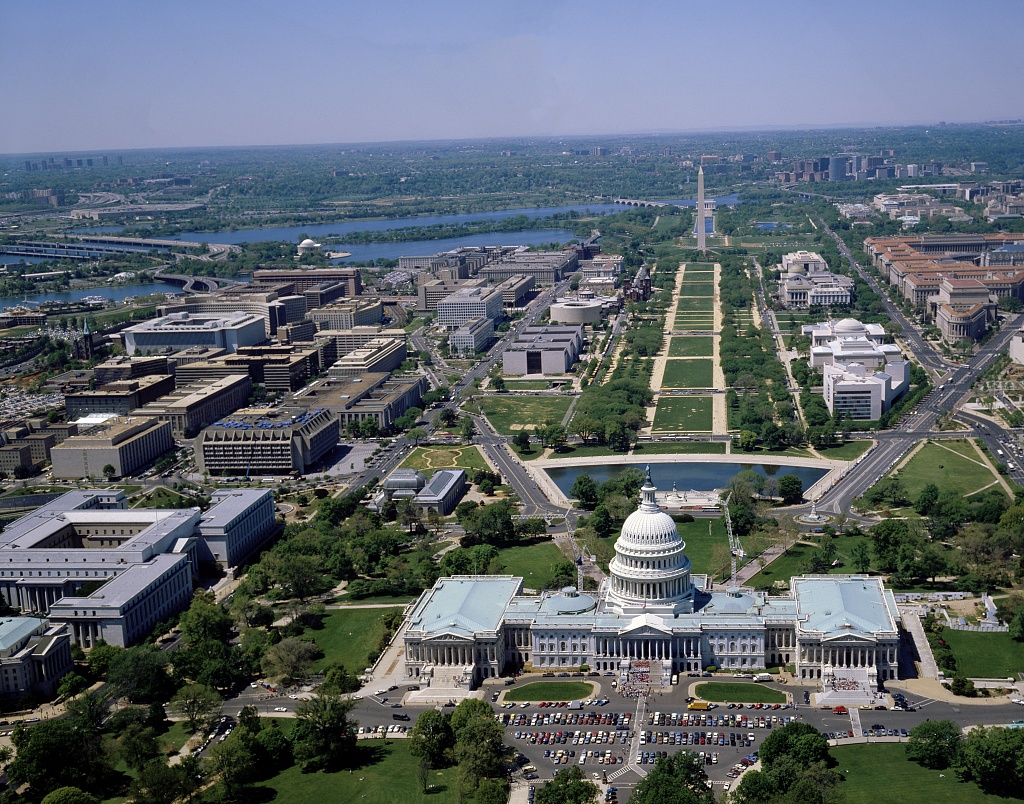Our Bundled Government
How many times have you had to hold your nose when voting for a candidate because you hate their views on some issues but agree with them on issues you find more important? This is the familiar problem of bundling, where political candidates or parties offer only a few choices of views across a wide range of issues.
We often think of political parties as the source of the bundling problem. But a closer look at bundling in product markets, where it was first defined, reveals some less obvious and more radical ways to address bundling in government.
Consumers Lose
Suppose the only movie theater in your town is showing two films. You’ve been eagerly waiting to see the action movie and would pay up to 20 dollars for a ticket. You don’t want to see the kids’ movie and wouldn’t pay anything for a ticket.
Not everyone’s preferences are like yours, and the theater can only charge a single price. If it charged ten dollars for each ticket, you would see the action movie and skip the kids’ film. You’d be very happy with the outcome, having paid only half what you would have to see your movie. Economists would say you have ten dollars of consumer surplus, while the theater would get ten dollars in revenue.
Suppose instead the theater had a double feature, selling the two tickets only as a bundle. Even skipping the kids’ movie, you would pay up to 20 dollars. You’d be less happy, while the theater would be ten dollars richer. If people in general really wanted to see one of the two movies and didn’t care about the other, the theater could be making an excellent business decision.
Political bundling in our two-party system can be far more problematic than an unwanted movie ticket. We see such strange bedfellows in our current political landscape—Wall Street titans and Bible-Belt families, Harvard intellectuals and GM line workers—because everyone must fit into two bundles. It constrains our debate and creativity in confronting a wide range of issues.
But adding a couple of more candidates or parties would only go so far. Had our movie theater been showing a triple feature, adding a third combination would not amount to true unbundling that would most benefit consumers.
Beyond Parties
Has it ever struck you as strange that bank regulators and Air Force captains ultimately answer to the same bosses? Or, for that matter, school superintendents and state troopers? MBA students would question why such an organization doesn’t stick to a “core competency.”
The structure of our government is like bundling an apple, a bottle of whiskey, and an ultra-compact laser-guided circular saw. You may like one, hate another, and not have the foggiest idea what the third one is.
Sound ridiculous? We interface with our federal government by electing people who have ultimate authority over tax rates, the funding of national parks, the declaration of war, and whether an accuser or the alleged perpetrator of an assault is more likely to be telling the truth. On issues about which we should have no opinion at all, we’re pressured to “root for our team” and adopt the politically advantageous opinion.
But bundling can have advantages as well. In product markets, there can be cost savings in distributing bundled products together, especially when consumers frequently need them at the same time. Similarly, there may be bundles of government services that a single entity can provide more efficiently for reasons of coordination or logistics. This is especially true for services that are similar—the benefits of one entity coordinating police and fire services seem clear.
Consumers can also benefit from product bundling when it simplifies the decision process, such as selling all the parts of a home theater system together. In the electoral context, having voters pick dozens of candidates to run different government offices would bring more confusion than flexibility.
The Unbundling
Are we stuck with a bundled government? Especially in today’s world of free-flowing information, it might be time to rethink the generalist role of our politicians. Chopping up elections too finely would indeed be too confusing, but that doesn’t mean we’re best served on the opposite end of the spectrum. We can all dream of an executive for international trade who doesn’t answer to the President…can’t we?
More radical still would be breaking the government into constituent parts, like the Department of Justice occasionally does with big companies. It’s hard to know exactly what that would look like, but the idea of spinning off and creating self-funding entities for various tasks is at least intriguing.
Unbundling government might have the greatest impact on our discourse. It seems like most Americans adopt a party line with only minor variations, unwilling to give an inch on one issue less it affect the party overall. With a less-bundled electoral process or government itself, people could look at different issues with fresh eyes. It wouldn’t erase our current tribalism, but it would give us one less reason to factionalize.












